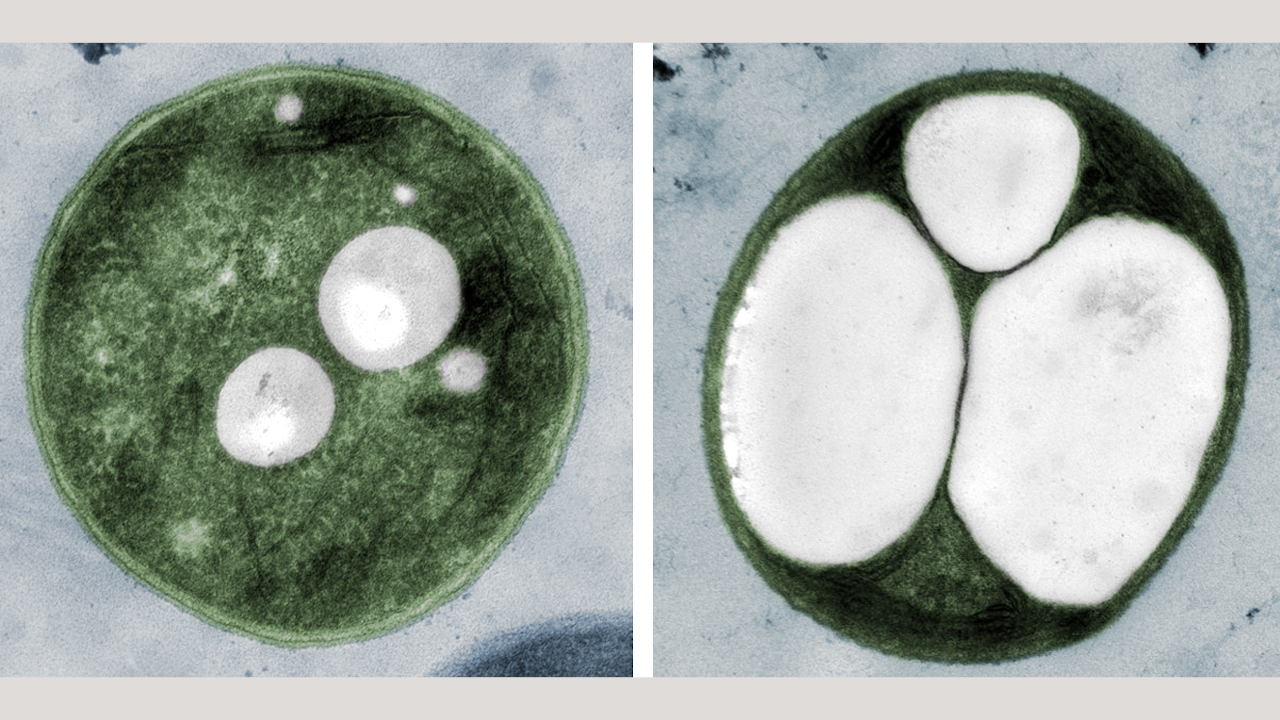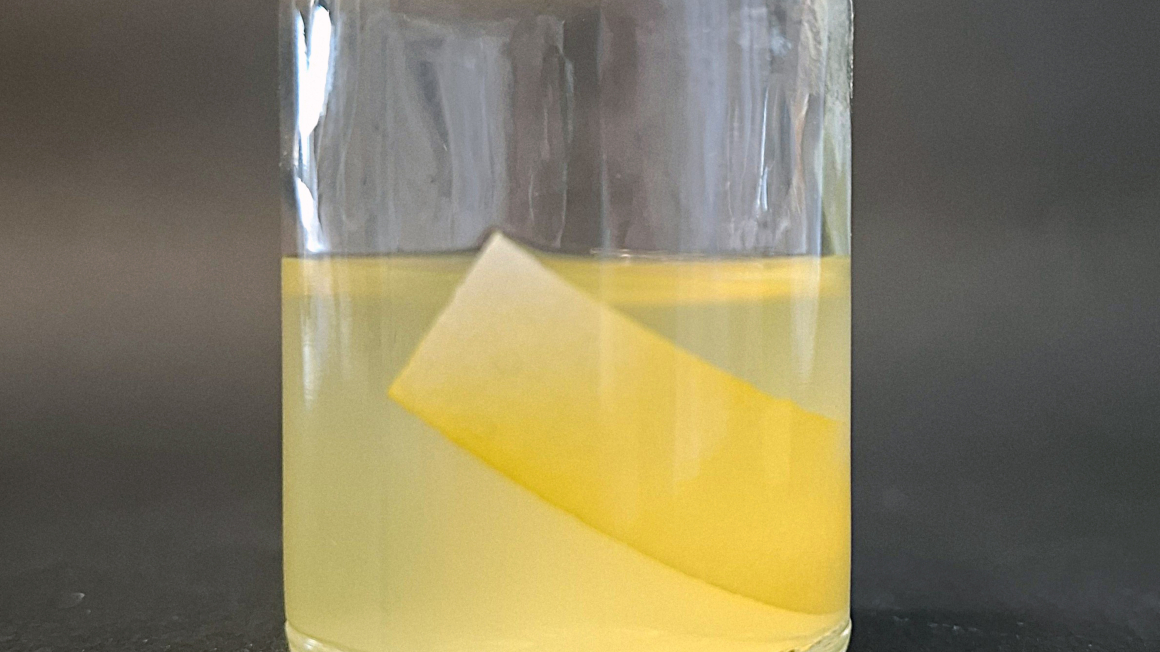Bacteria as bioplastic factories
Researchers at the University of Tübingen have modified the metabolic pathway of special cyanobacteria so that they produce large quantities of the natural bioplastic polyhydroxybutyrate (PHB).

Plastic is a durable and versatile material. But the longevity of petroleum-based plastics is both a blessing and a curse, as plastic waste severely pollutes the environment. One alternative is biobased and biodegradable plastics, which are made from renewable raw materials or biogenic residues instead of petroleum. Researchers from Tübingen are now bringing a new player into play as a bioplastics manufacturer: cyanobacteria. Also known as microalgae or blue-green algae, these microorganisms have the ability to naturally produce bioplastics in the form of polyhydroxybutyrate (PHB). PHB can in turn be degraded in nature by bacteria, fungi or algae.
PHB production in the bacterium increased to 80%
A team led by Karl Forchhammer of the Interfaculty Institute of Microbiology and Infection Medicine at the University of Tübingen has now succeeded in modifying the metabolic pathway of cyanobacteria of the genus Synechocystis in such a way that they produce the natural substance PHB in such large quantities that industrial use is possible. The results were published in the scientific journals "Microbial Cell Factories" and "PNAS". According to the studies, a protein was identified in the bacteria that throttles the flow of carbon towards PHB within the bacterial cell. After removing the corresponding regulator, as well as other genetic modifications, the amount of PHB produced by the bacteria increased so enormously that it eventually accounted for more than 80% of the cell's total mass, they said. "We have created veritable plastic bacteria," says Moritz Koch, first author of the study, which was published in the journal "Microbial Cell Factories."
Optimal players for sustainable bioplastics production
According to the researchers, the PHB produced from the bacteria can be used in the same way as the conventional plastic polypropylene, but is rapidly degradable in the environment, as well as pollutant-free. Since cyanobacteria only need water, carbon dioxide and sunlight to grow, they are "optimal players for climate-friendly and sustainable production," according to the researchers. "Once established in industry, the entire production of plastics could be revolutionized," Koch said. The Tübingen researchers now want to further optimize the use of the bacteria and scale it up to the point where large-scale use of bacterial bioplastic factories becomes possible.
bb


